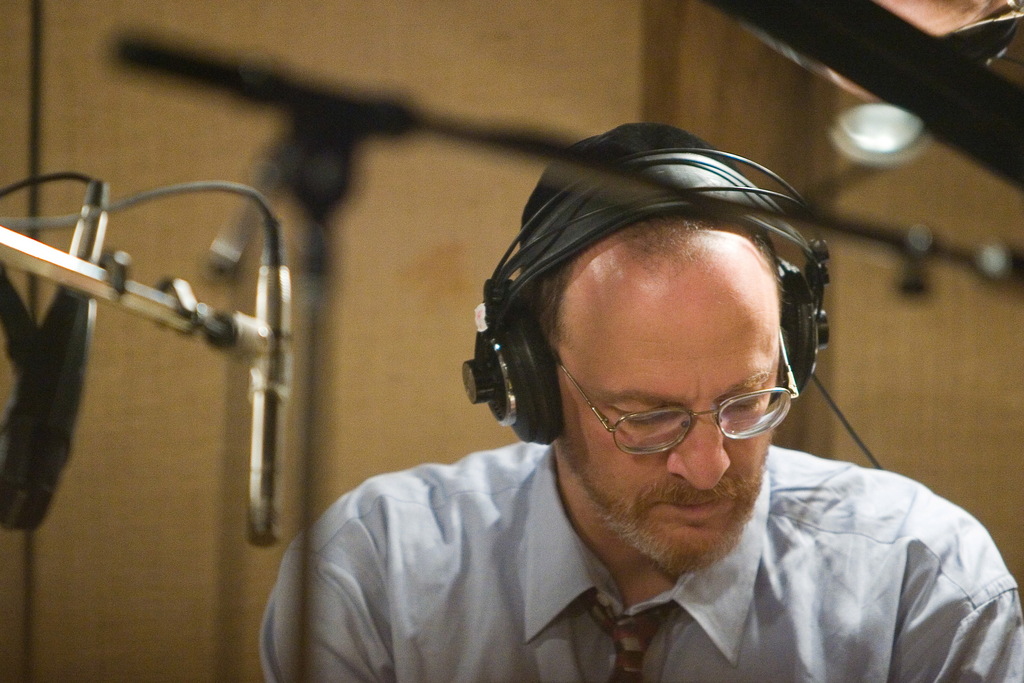A musical gift
Proceeds of a song to benefit children in China
By Michael OrbachIssue of August 8, 2008
David Gurwitz, a New York-based Jewish pianist, is donating a portion of the proceeds from the sale of one of his songs to the American Red Cross China Relief Fund to help Chinese children injured in the Sichuan Earthquake. The quake, which occurred May 12, had a magnitude of 7.9, according to the United States Geographical Survey, and left over 69,000 dead. The song, “China,” is part of Gurwitz’s new album, “Hear the Children,” sold through his website, www.davidgurwitz.com.
The idea to donate the proceeds wasn’t a new one for the 53-year-old musician who moonlights during the day selling research to hedge funds.
“There’s a Jewish concept of giving,” Gurwitz said in an interview. “Hashem gave us the gift of life and we have to keep on giving to each other.”
The album, a collection of piano solos, is the first from Gurwitz, who has been playing music on and off since age 19. The title stems from Gurwitz’s own experience of losing his father and mother within six weeks and discovering that his father had a son from his previous marriage who passed away in the Holocaust.
“My father’s last words were ‘His name was Benjamin,’” said Gurwitz.
The partnership was helped along through the work of Stanley Smith, a Jewish businessman from Long Island, who was the former vice president of the Brooklyn Chamber of Commerce and works closely with the Chinese embassy. Smith views Gurwitz’s gift as a part of his mission to align the Jewish people with the Chinese.
“The mission is to perpetuate the two oldest cultures in the world who focus on peace,” Smith explained. “Three groups bonded together: United States, China and the Jews.”
Relationships between American Jewry and China has become somewhat of an uncertain quandary in the wake of the Beijing Olympics. Recently, Agudath Israel of America and the Orthodox Union rejected a call to boycott the Olympics in light of China’s poor human rights record and China’s aid to Sudan, where government-led militias have murdered thousands of innocent civilians. Both organizations cited the principle of hakarat hatov against boycotting, China’s status as a strong trade partner to Israel and China’s willingness to take action against a nuclear Iran. Similarly, the National Council of Young Israel, the AJCommittee and the B’nai B’rith International Organization have refused the boycott.
“Jews escaping the horrors of the Holocaust found refuge in China during the Nazi era; and that China currently interacts in a number of positive ways with both the United States and Israel. None of this excuses China’s reported shortcomings on the human rights front, but the fuller historical and contemporary record by which China may be judged should have given the boycott promoters pause before issuing their public statement,” a statement issued from the Agudath Israel of America said.
In contrast, the David Wyman Institute for Holocaust Studies and a number of prominent Orthodox, Conservative and Reform rabbis and organizations have argued in favor of the boycott.
The controversy doesn’t faze Gurwitz, though.
“I’m focused on helping the kids,” he said. “There’s plenty of other people who can do politics.”

 47.0°,
Mostly Cloudy
47.0°,
Mostly Cloudy 




